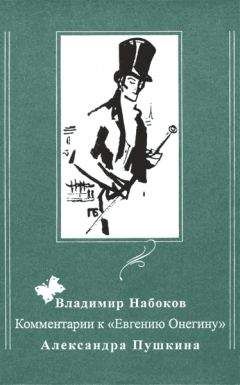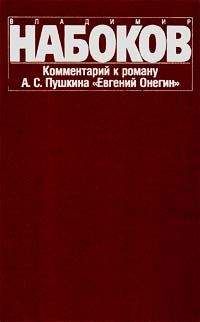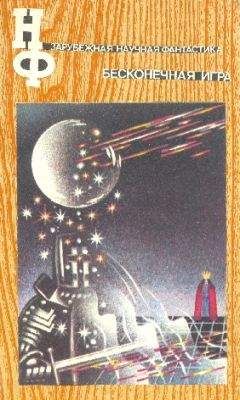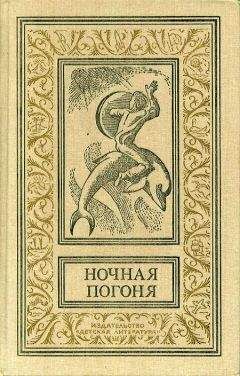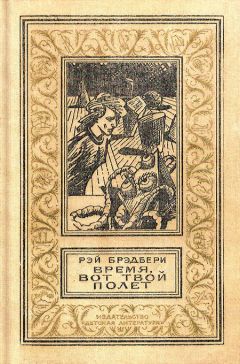III
Or gladdened not by the return
of leaves that perished in the autumn,
a bitter loss we recollect,
4 harking to the new murmur of the woods;
or with reanimated nature we
compare in troubled thought
the withering of our years,
8 for which there is no renovation?
Perhaps there comes into our thoughts,
midst a poetical reverie,
some other ancient spring,
12 which sets our heart aquiver
with the dream of a distant clime,
a marvelous night, a moon....
Now is the time: good lazybones,
epicurean sages; you,
equanimous fortunates;
4 you, fledglings of the Lyóvshin41 school;
you, country Priams;
and sentimental ladies, you;
spring calls you to the country,
8 season of warmth, of flowers, of labors,
of inspired rambles,
and of seductive nights.
Friends! to the fields, quick, quick;
12 in heavy loaden chariots;
with your own horses or with posters;
out of the towngates start to trek!
And you, indulgent reader,
in your imported calash, leave
the indefatigable city
4 where in the winter you caroused;
let's go with my capricious Muse
to hear the murmur of a park
above a nameless river, in the country place,
8 where my Eugene, an idle and despondent
recluse, but recently
dwelt in the winter, in the neighborhood
of youthful Tanya,
12 of my dear dreamer;
but where he is no longer now...
where a sad trace he left.
'Mid hills disposed in a half circle,
let us go thither where a rill,
winding, by way of a green meadow,
4 runs to the river through a linden bosquet.
The nightingale, spring's lover,
sings there all night; the cinnamon rose
blooms, and the babble of the fount is heard.
8 There a tombstone is seen
in the shade of two ancient pines.
The scripture to the stranger says:
“Here lies Vladimir Lenski,
12 who early died the death of the courageous,
in such a year, at such an age.
Repose, boy poet!”
On the inclined bough of a pine,
time was, the early breeze
above that humble urn
4 swayed a mysterious wreath;
time was, during late leisures,
two girl companions hither used to come;
and, by the moon, upon the grave,
8 embraced, they wept;
but now... the drear memorial is
forgot. The wonted trail to it,
weed-choked. No wreath is on the bough.
12 Alone, beneath it, gray and feeble,
the herdsman as before keeps singing
and plaiting his poor footgear.
My poor Lenski! Pining away,
she did not weep for long.
Alas! The young fiancée
4 is to her woe untrue.
Another ravished her attention,
another managed with love's flattery
to lull to sleep her suffering:
8 an uhlan knew how to enthrall her,
an uhlan by her soul is loved;
and lo! with him already at the altar
she modestly beneath the bridal crown
12 stands with bent head,
fire in her lowered eyes,
a light smile on her lips.
My poor Lenski! Beyond the grave,
in the confines of deaf eternity,
was the despondent bard perturbed
4 by the fell news of the betrayal?
Or on the Lethe lulled to sleep,
blest with insensibility, the poet
no longer is perturbed by anything,
8 and closed and mute is earth to him?...
'Tis so! Indifferent oblivion
beyond the sepulcher awaits us.
The voice of foes, of friends, of loves abruptly
12 falls silent. Only over the estate
the angry chorus of the heirs
starts an indecent squabble.
And soon the ringing voice of Olya
was in the Larin family stilled.
A captive of his lot, the uhlan
4 had to rejoin his regiment with her.
Bitterly shedding floods of tears,
the old dame, as she took leave of her daughter,
seemed scarce alive,
8 but Tanya could not cry;
only a deadly pallor covered
her melancholy face.
When everybody came out on the porch,
12 and one and all, taking leave, bustled
around the chariot of the newly wed,
Tatiana saw them off.
And long did she, as through a mist,
gaze after them...
And now Tatiana is alone, alone!
4 Alas! Companion of so many years,
her youthful doveling,
her own dear bosom friend,
has been by fate borne far away,
8 has been from her forever separated.
She, like a shade, roams aimlessly;
now into the deserted garden looks.
Nowhere, in nothing, are there joys for her,
12 and she finds no relief
for tears suppressed,
and torn asunder is her heart.
And in the cruel solitude
stronger her passion burns,
and louder does her heart of distant
4 Onegin speak to her.
She will not see him;
she must abhor in him
the slayer of her brother;
8 the poet perished... but already none
remembers him, already to another
his promised bride has given herself.
The poet's memory has sped by
12 as smoke across an azure sky;
perhaps there are two hearts that yet
grieve for him.... Wherefore grieve?
'Twas evening. The sky darkened. Waters
streamed quietly. The beetle churred.
The choral throngs already were dispersing.
4 Across the river, smoking, glowed already
the fire of fishermen. In open country
by the moon's silvery light,
sunk in her dreams,
8 long did Tatiana walk alone. She walked,
she walked. And suddenly before her from a hill
she sees a manor house, a village,
a grove below hill, and a garden
12 above a luminous river.
She gazes, and the heart in her
faster and harder has begun to beat.
Doubts trouble her:
“Shall I go on? Shall I go back?... He is not here.
They do not know me.... I shall glance
4 at the house, at that garden.”
And so downhill Tatiana walks,
scarce breathing; casts around
a gaze full of perplexity...
8 and enters a deserted courtyard.
Dogs toward her
dash, barking… At her frightened cry
a household brood of serf boys
12 has noisily converged. Not without fighting
the boys dispersed the hounds,
taking the lady under their protection.
“I wonder, can one see the master house?”
asked Tanya. Speedily
the children to Anisia ran
4 to get the hallway keys from her.
Anisia came forth to her promptly, and the door
before them opened,
and Tanya stepped into the empty house,
8 where recently our hero had been living.
She looked: in the reception room forgotten,
a cue reposed upon the billiard table;
upon a rumpled sofa lay
12 a riding crop. Tanya went on.
The old crone said to her: “And here's the fireplace;
here master used to sit alone.
“Here in the winter the late Lenski,
our neighbor, used to dine with him.
This way, please, follow me.
4 This was the master's study;
he used to sleep here, take his coffee, listen
to the steward's reports,
and in the morning read a book....
8 And the old master lived here too;
on Sundays, at this window here,
time was, donning his spectacles,
he'd deign to play ‘tomfools’ with me.
12 God grant salvation to his soul
and peace to his dear bones
in the grave, in damp mother earth!”
